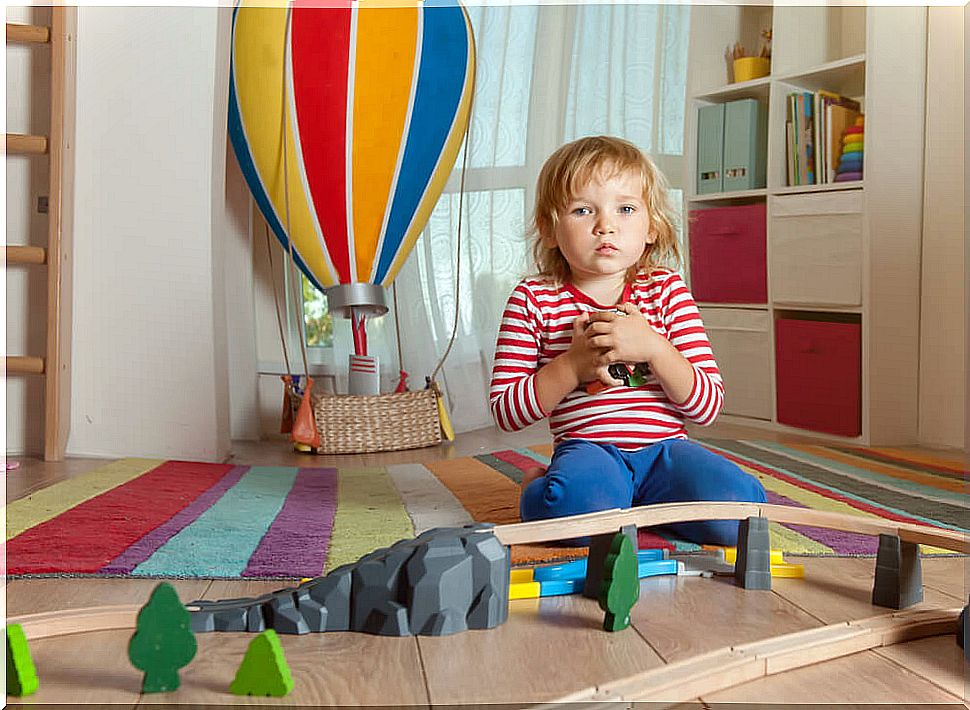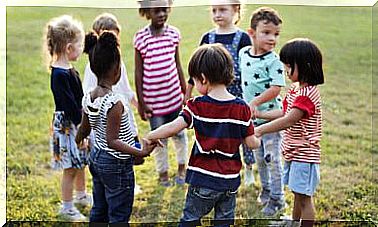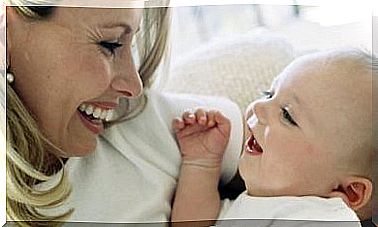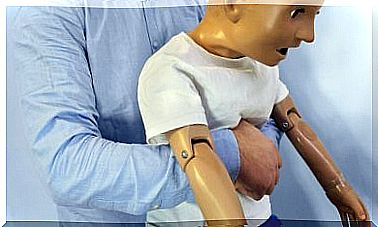Emotional Therapy For Children
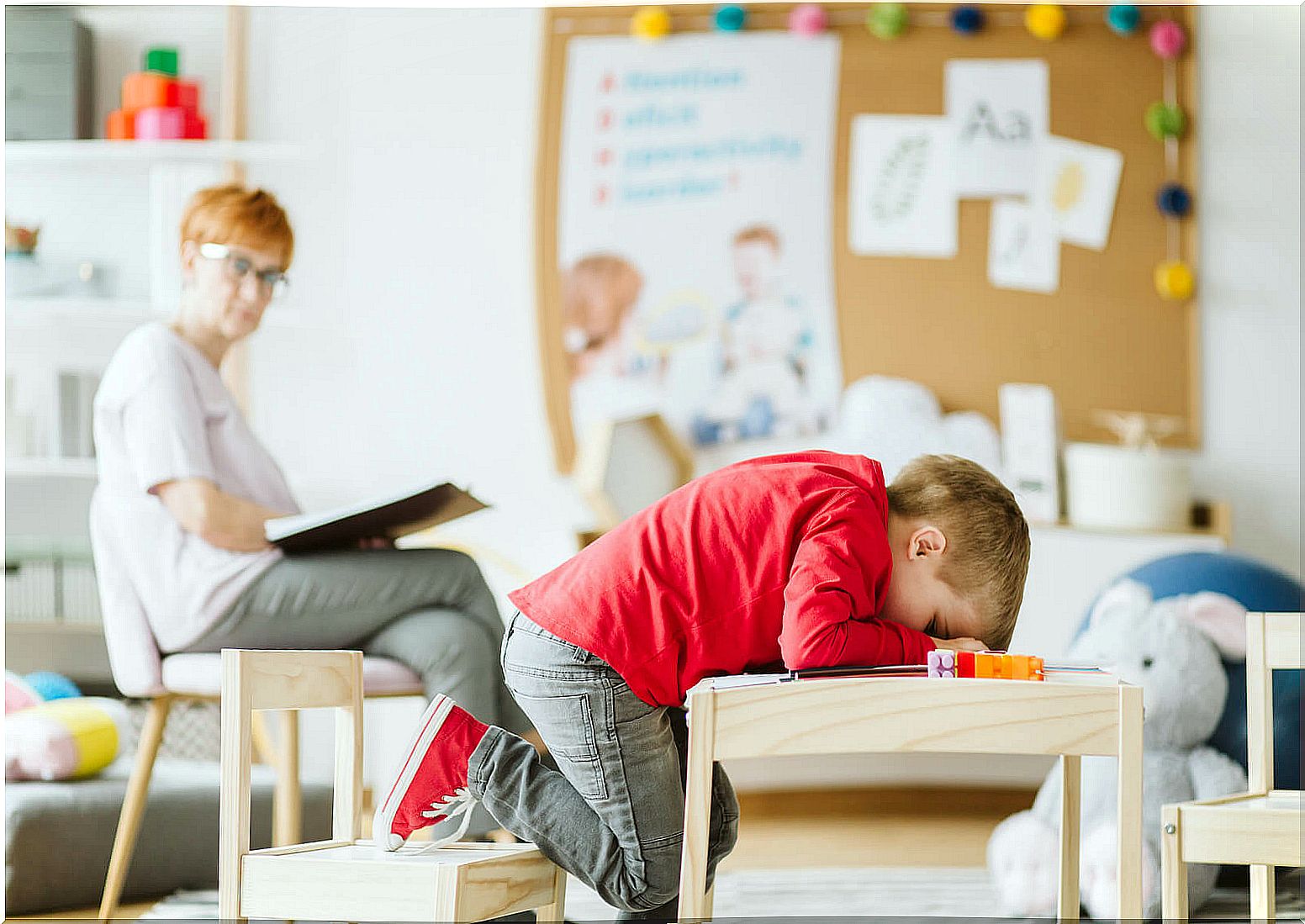
It is common to hear fathers and mothers talk calmly that their children attend speech or motor therapy. We all understand that, if there is any difficulty in these areas, it is appropriate to provide the child with the necessary help. However, there is still a certain stigma regarding emotional therapy for children, even knowing that emotions are a fundamental aspect of their development.
The reluctance towards emotional therapy can be produced by ignorance: we still think that only seriously disturbed children and adults go to the psychologist. It can also influence the feeling of guilt that is generated in parents thinking that they are not capable of properly educating the child by themselves.
The reality is that psychotherapy is extremely beneficial and necessary in the face of any difficulties that infants experience. Going to a therapist does not imply that they have serious problems or that the parents are inept or negligent. On the contrary, it is an act of love and responsibility; Parents do not always have all the answers and it is very positive to look for them in a professional.
When is emotional therapy for children necessary?
There are various situations that can produce intense emotions in the child, difficult for him to handle. Pay attention to their behaviors and attitudes, as this is the best way to check if they are having emotional difficulties.
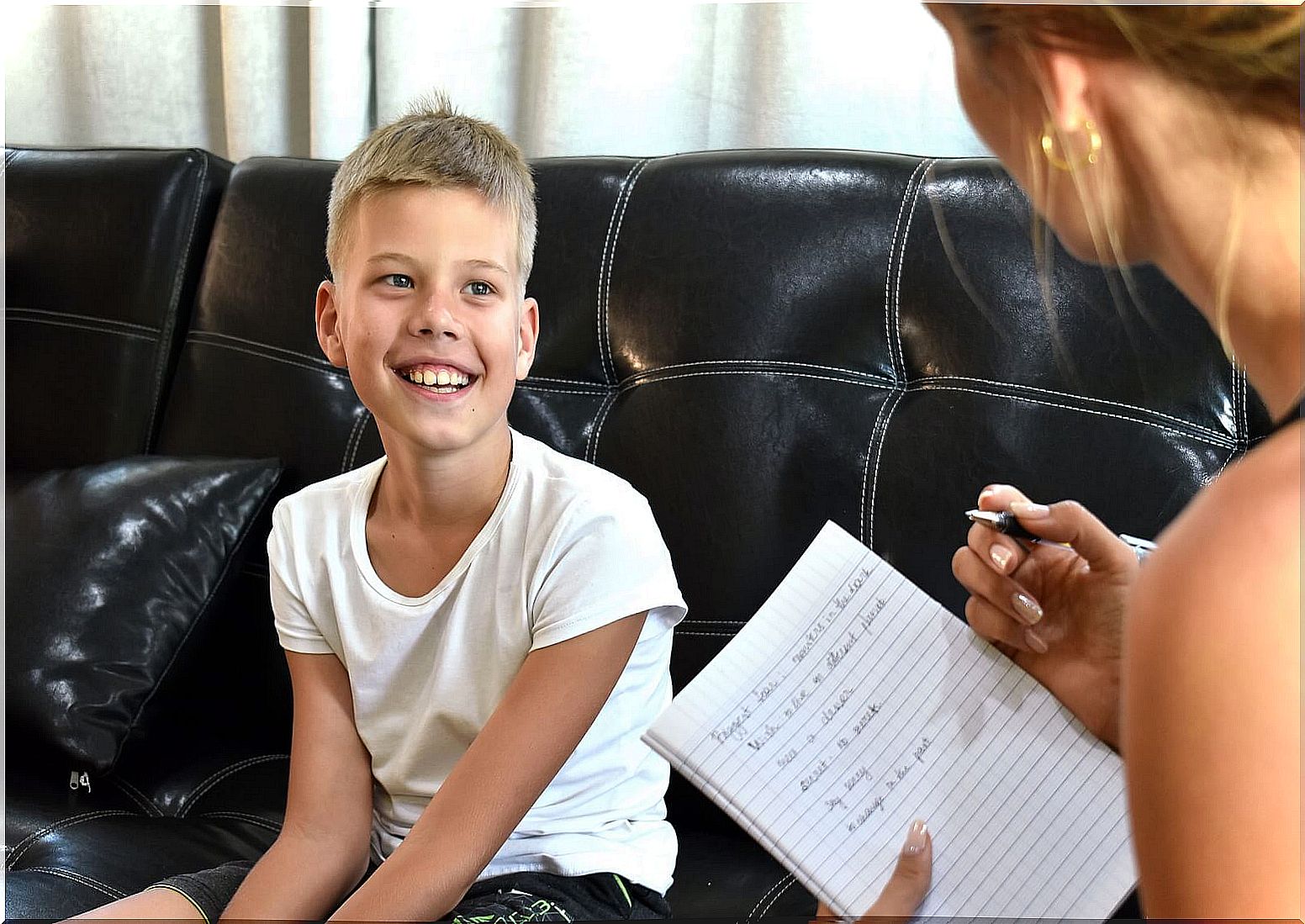
You may have sudden mood swings, feel listless, and uninterested in activities that you used to enjoy. You may be distracted and have attention problems at school. They may be irritable, have uncontrollable tantrums, or appear defiant or withdrawn.
In general, difficulties at school, at home or with friends can hide an emotional problem. But the following are some of the events that most often cause emotional distress in children :
- Parental divorce.
- Illnesses, operations or hospitalizations.
- Death of a loved one.
- Conflicts, problems or family violence.
- Changes in his life of all kinds : the birth of a brother, a move, a change of school …
How do you work with children in emotional therapy?
First of all, it is necessary to know that therapy with children is totally different from that of adults and that it is completely adapted to their age and abilities. The following are some of the main elements that compose it.
Link with the therapist
It is essential that the child feels comfortable with the person who will accompany him in his process. It has to transmit confidence and security and they have to have a good synchronization. The first therapist you go to may meet these requirements, but they may not. Thus, do not be afraid to change and try with other professionals until you find the one that makes you feel comfortable.
Play
Therapy with children includes its own elements that make it more accessible to children. Both in the diagnosis phase and in the treatment itself , play, drawing and various dolls and toys are used. The child is in a safe and relaxed space in which he is allowed to express himself in a way that is natural and enjoyable.
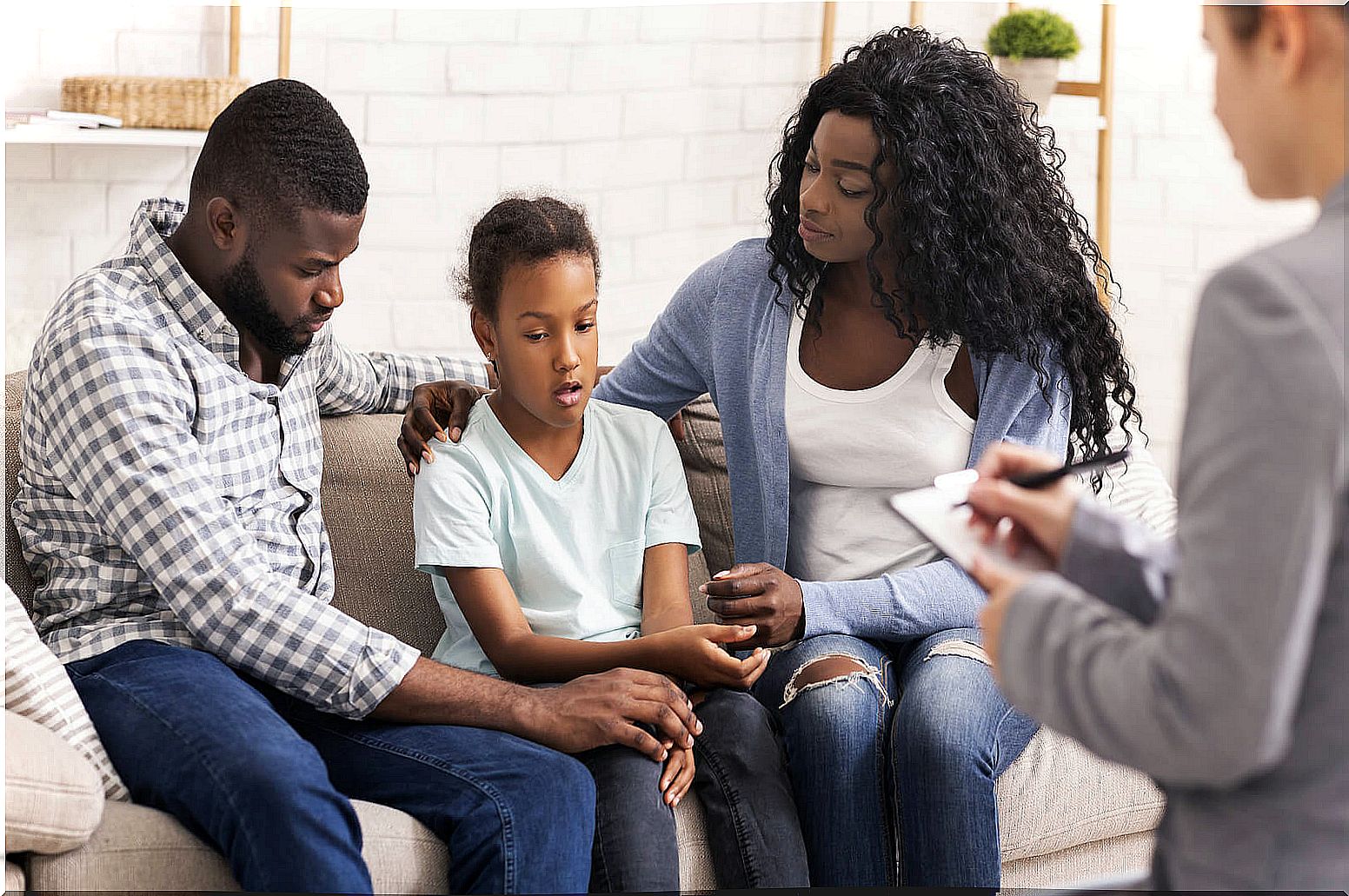
Don’t think that your child will have to sit in a chair talking about matters he does not understand or answering intricate questions. In fact, it is a process that children tend to feel very comfortable with, since the entire therapy format is adapted to them.
Emotional intelligence
The goal of emotional therapy is to develop emotional intelligence in children, a quality that has been shown to be related to happiness, life satisfaction, better academic performance and more satisfactory social relationships.
Thus, through various games and dynamics, the child is taught to recognize and identify different emotions. They are reminded that they are all valid (it is okay to be angry or sad at certain times) and they are helped to express them appropriately.
Upon completion, the child will be better able to understand his own emotions and where they come from. And, in addition, you will have the necessary tools to handle them so that they do not cause you suffering. Therefore, if you think that your little one may need help with his emotions, do not hesitate to find someone who can provide it.
